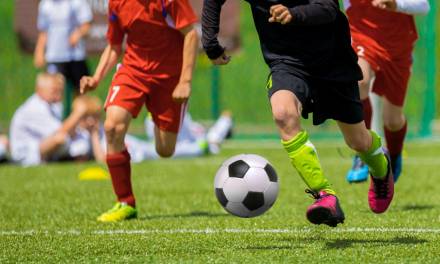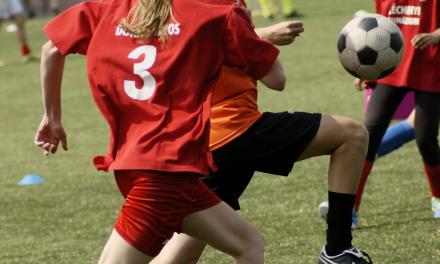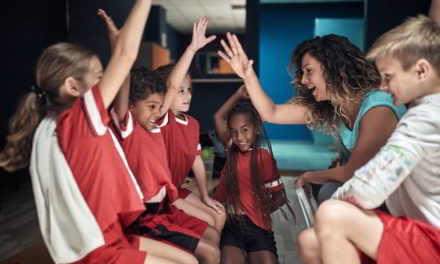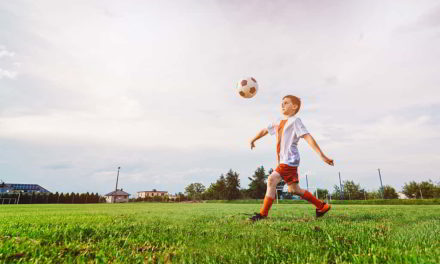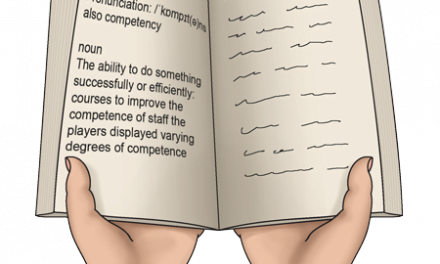Participating in competitive sport is essential if our young sportspeople of today are going to develop into professionals who can complete at the highest levels of their chosen sport.
Not all children want to be professional sportspeople though. Many just want to enjoy their favourite sports and the thrill of taking part in an activity.
Will children benefit from competitive sports at school, or will it put them off? Should they just be allowed to participate without being expected to win?
Competition can be beneficial
Many children are, by their very nature, competitive. Extending this nature to sports can help manage that competitive nature and provide some positive experiences that can help them in many other aspects of their lives.
Taking part in competitive sports can encourage a winning mental attitude and prepare children for both success and failure. Children can learn about sportsmanship, respect, being graceful in defeat and magnanimous in victory.
In team sports, competitive matches can teach children about teamwork, tactics, leadership and resilience. All skills that can be useful in later life.
Competitive sports can also encourage children to try harder, to be the best that they can be. With the right encouragement children can become more determined to win and develop their skills to their full potential.
Inter- or intra-school sporting competitions can encourage a friendly rivalry and winning is a boost to morale and self-esteem.
In 2012, YouGov published findings of a poll into competitive sports in schools and the general consensus was ‘that there needs to be more competition in sport in schools’.
Competing in sport teaches children how to cope with winning and losing; how to both with grace and dignity. It helps children who maybe cannot do well academically to see that they are able to do well in other things.
Negative aspects of competition
Of course, if managed badly or forced upon unwilling students, competitive sports in schools can have negative effects.
Some children many find that the expectation to win is too stressful and can suffer from a fear of failure that makes them less likely to participate willingly in sports.
Peer pressure to win can lead to lower self-esteem if they don’t succeed. Children may be bullied or mocked if they make a mistake or don’t perform as expected. When winning becomes too important – sometimes to the exclusion of all other considerations – the enjoyment of simple participation can be absent.
And in an age of children having an ever more sedentary lifestyle, we should encourage participation at all levels of sport – limiting sporting access to only those who wish to compete cannot be beneficial for the overall health of our children.
The danger is that children who want to take part without the added pressure of competing might be put off participating in the first place.
Given that not all children have the same potential or ability, unless competitive sport is available at every level of ability there will be some who miss out on the benefits of exercise and taking part in sport for enjoyment.
Parents vs. Children
As reported by the BBC, a 2014 poll by the Marylebone Cricket Club and charity Chance to Shine, surveyed 1,000 children and 1,000 parents.
The results of the survey showed that:
- 64% of 8- to 16-year-olds would be ‘relieved, not bothered or happier’ if winning or losing were not a factor.
- when asked how they would feel if competition were to be removed from sports, 30.3% said that ‘as long as I get to play I’m fine with it’, 20% said ‘it wouldn’t bother me’, and 10% said ‘it would make me less anxious’.
- 89.3% of parents felt that it was ‘important’ or ‘very important’ for their children to experience winning and losing in sport.
So it seems that whilst children are less interested in competitive sport – partly because of the associated stress – they do still want to participate.
Parents, on the other hand, are more likely to understand that there are potential future benefits that can be gained from the experience of participating in competitive sports.
In the end, it always depends on the child. Some are motivated by competitive sports, others find it unnecessary and unwelcome. PE teachers should always encourage participation at any level, and offer the opportunity to compete to those who want to further develop their skills in a competitive environment.

